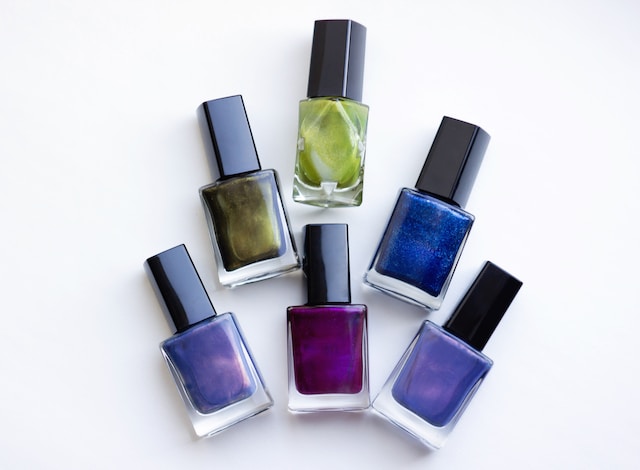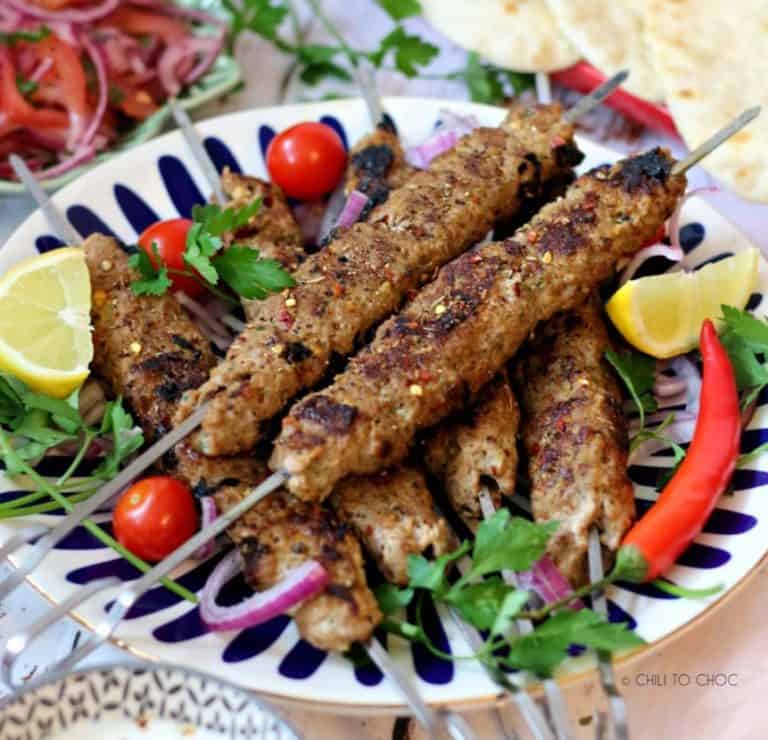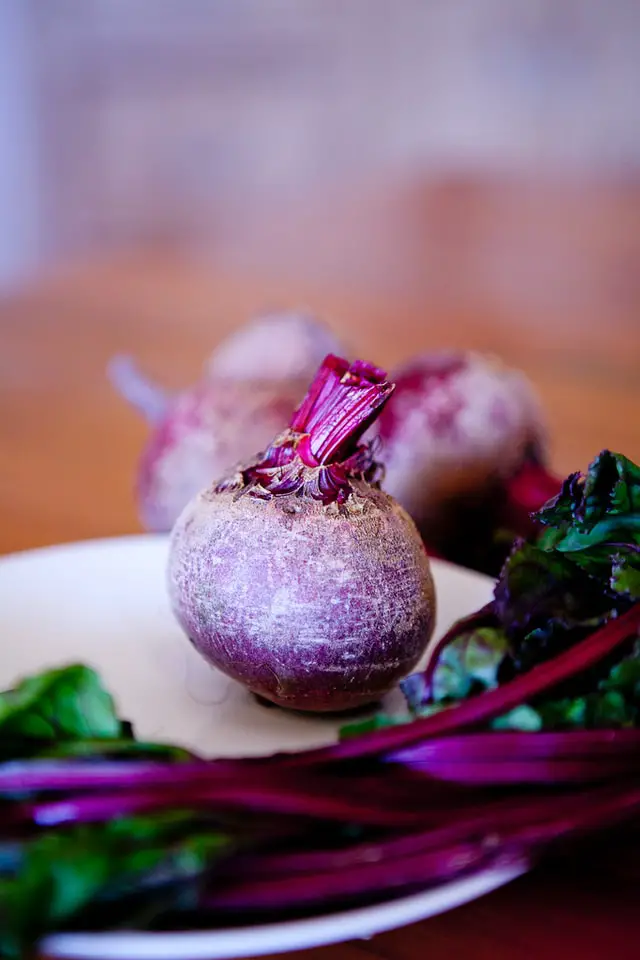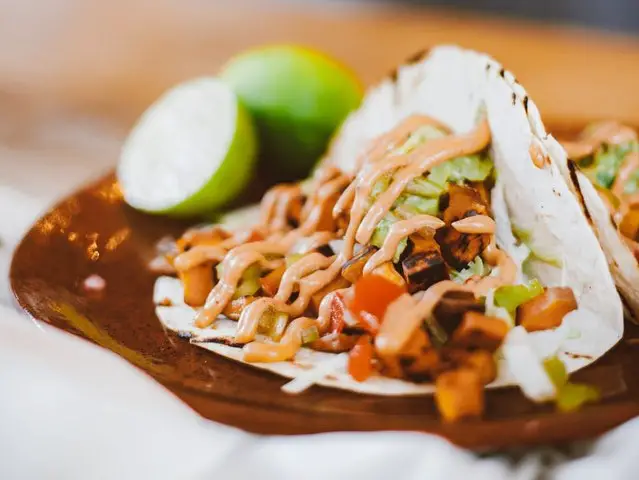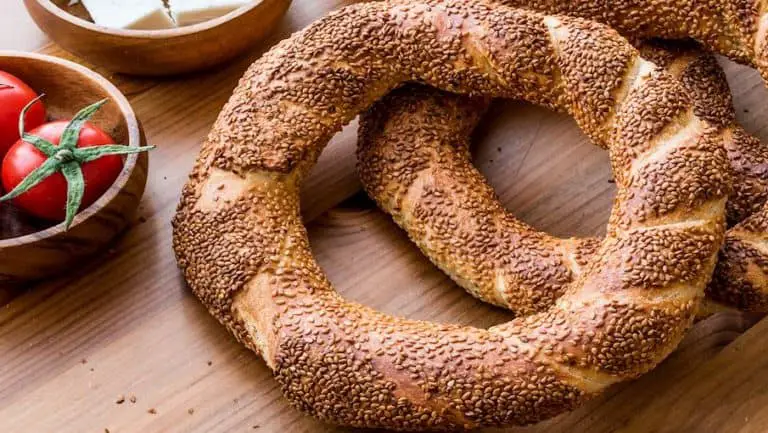Dietary Tips for Beautiful, Healthy Nails
Impact of Maintaining Healthy Nails
Healthy nails are an important part of overall appearance and well-being. A balanced diet provides the necessary nutrients for strong, shiny nails.

Your nails say a lot about your overall health and well-being. Strong, flexible nails are signs of proper nutrition, hydration and self-care from the inside out. This guide provides holistic dietary tips and lifestyle strategies to achieve your healthiest nails naturally.
Nails have long been seen as a reflection of one’s inner vitality. Various traditional Chinese and Indian medicines recognize their diagnostic value (source: Hindawi). Visible issues like white spots, brittleness or discoloration can potentially indicate underlying nutrient deficiencies or health conditions if left unaddressed (source: Healthline).
- Nail Anatomy and Function
- Nails are made of keratin, the same protein that gives hair and skin strength. They protect fingertips from injury (source: WebMD).
- Signs of Healthy Nails
- Smooth, hard surface; slight curve to fingernails; flexible yet durable; pinkish hue underneath (source: Healthline).
- Common Nail Issues
- Brittleness, white spots, discoloration, vertical ridges or splitting can indicate dietary deficiencies if persistent (source: Medical News Today).
By supporting nail health through balanced nutrition and lifestyle habits, one can achieve their healthiest appearance from head to toe. Let’s explore specific tips!
The Power of a Balanced Diet
Consuming a variety of foods from all major food groups supports nail health. Fruits and vegetables contain vitamins A and C which promote nail growth and strength. Whole grains like brown rice deliver B vitamins for cell production. Lean proteins like salmon are rich in amino acids and iron for nail strength. Healthy fats in avocados and olive oil nourish cuticles.
Consuming a variety of foods from all major food groups supports nail health. Fruits and vegetables contain vitamins A and C which promote nail growth and strength (source: Mayo Clinic). Whole grains like brown rice deliver B vitamins for cell production. Lean proteins like salmon are rich in amino acids and iron for nail strength (source: Healthline). Healthy fats in avocados and olive oil nourish cuticles.
- Fruits and Vegetables
- Citrus fruits like oranges and berries are high in vitamin C, which promotes collagen production for strong nails (source: Healthline).
- Dark leafy greens like spinach contain vitamin A for nail and skin health.
- Bell peppers, broccoli and Brussels sprouts contain silica, which may contribute to nail strength and thickness.
- Whole Grains
- Brown rice, oats and quinoa are complex carbohydrates that provide sustained energy.
- Whole wheat contains B vitamins like biotin, niacin and B6 which support nail keratin production (source: Healthline).
- Lean Proteins
- Salmon, tuna and chicken are rich sources of high-quality protein, which contains amino acids like lysine needed for collagen synthesis in nails (source: Medical News Today).
- Eggs also contain biotin for healthy nail beds.
- Beans and nuts deliver minerals like zinc and iron.
- Healthy Fats
- Avocados, olive oil, and nuts/seeds are loaded with fatty acids and vitamin E to hydrate cuticles (source: Healthline).
- Fatty fish like salmon provide omega-3s to promote nail flexibility.
Water – The Essential Nutrient for Healthy Nails
Drinking plenty of water is essential for nail health. Water keeps nails flexible and hydrated to prevent cracking or peeling. Most women should aim for around 11 cups and men around 15 cups daily. Carry a water bottle and sip throughout the day.
Drinking plenty of water is essential for nail health. Water keeps nails flexible and hydrated to prevent cracking or peeling. Most women should aim for around 11 cups and men around 15 cups daily (source: Mayo Clinic). Carry a water bottle and sip throughout the day.
- Hydration Benefits
- Water helps transport nutrients to nails and carry away waste. Proper hydration supports nail growth and strength (source: Healthline).
- Drinking water lubricates the nail matrix and cuticles to keep them supple. This prevents dry, brittle nails prone to chipping or peeling.
- Daily Intake Recommendations
- The Institute of Medicine recommends around 11 cups of total fluid/day for women and 15.5 cups for men (source: NIH).
- Water needs vary based on climate, activity level, and individual factors. Signs of dehydration include dark urine, fatigue, and dry skin/nails.
- Tips for Staying Hydrated
- Sip water with meals to stay hydrated when eating.
- Flavor water naturally with fruit slices like watermelon, cucumber or lemon to encourage drinking.
- Carry a refillable water bottle everywhere as a reminder.
- Limit beverages high in sugar, caffeine or alcohol which can dehydrate.
- Additional Hydrating Foods
- Fruits and vegetables have high water content to contribute to daily fluid needs. Melons, tomatoes and leafy greens are especially hydrating.
- Homemade bone broth or miso soup can also support hydration when sick.
Moderation is Key
While occasional treats are fine, processed junk foods high in sugar or unhealthy fats can weaken nails over time. Baking homemade treats with whole grains and natural sweeteners provides a healthier alternative. Mindful eating promotes nail strength better than dieting.
Everything is best consumed in moderation to support nail health and overall well-being. Going to extremes with any food or habit can negatively impact nails. Moderation helps maintain balance.
- Limit Highly Processed Foods
- Refined carbs like white bread and pasta spike blood sugar quickly then crash, leaving nails vulnerable to breakage (source: Healthline).
- Excessive sugar intake from candy and soda can compromise nail strength over time (source: Medical News Today).
- Practice Mindful Eating
- Slow down and savor meals to feel full on balanced portions. Overeating places extra stress on the body.
- Listen to hunger/fullness cues to avoid over-indulging in treats which provide empty calories.
- Manage Stress Levels
- High stress is bad for overall health and nails. Practice relaxation techniques like yoga, meditation, deep breathing (source: Healthline).
- Hydrate Consistently
- Drink water regularly throughout the day instead of saving it all for mealtimes or chugging too much at once. Balance is key.
Exploring the Role of Supplements

Biotin supplements may help strengthen nails when taken as directed, as it is involved in nail keratin production (source: Healthline). Silica supplements are also thought to support nail thickness and growth. Always consult a doctor before starting supplements.
For some, a nutritious diet and lifestyle may not provide every needed nutrient for optimal nail health. Supplements can offer additional support when chosen carefully. Always consult a doctor before starting any new supplements.
- Common Nail Supplements
- Biotin supplements contain the B-vitamin linked to keratin production in nails (source: Healthline).
- Collagen peptides or hydrolyzed collagen may support nail flexibility and strength (source: WebMD).
- Multivitamins provide a balanced mix of vitamins and minerals for overall wellness.
- Consider Individual Needs
- Those following strict diets like veganism may benefit more from supplements.
- People with nutrient absorption issues can try chelated mineral supplements for better uptake.
- Be Patient
- Allow 2-3 months to see effects as nails grow slowly. Supplements work best with a nutritious diet and lifestyle.
- Monitor for Side Effects
- Consult a doctor for appropriate dosing and to watch for interactions with medications. More is not better with supplements.
Beyond Diet – A Holistic Approach to Nail Health
In addition to diet, moisturizing daily with a high-quality hand cream protects nails from drying out. Wearing gloves during chores prevents damage. Avoiding nail biting and harsh chemicals nourishes nail bed health overall.
While diet plays a key role, a holistic lifestyle supports optimal nail health. Additional factors like proper care, protection and self-care habits nourish nails inside and out.
- Gentle Nail Care
- File nails regularly with an emery board in one direction to prevent breakage (source: Healthline).
- Moisturize cuticles with oil to keep them supple (source: Byrdie).
- Protection from Damage
- Wear gloves during activities like cleaning, gardening or sports to protect nails (source: WebMD).
- Use non-toxic nail polish and remover to avoid drying nails out (source: Healthline).
- Manage Stress Levels
- Incorporate relaxing self-care like Epsom salt hand soaks, meditation or massage (source: Healthline).
- Get Quality Sleep
- Aim for 7-9 hours per night to allow the body to repair and regenerate nails (source: Healthline).
Conclusion
Nail health requires focus on both internal and external factors. The keys to beautiful nails are:
- Nutrition
- Emphasizing a balanced diet rich in nutrients like vitamins, minerals, protein and hydration.
- Lifestyle
- Maintaining healthy habits of self-care, stress management, sleep and protection from damage .
- Holistic Approach
- Considering all aspects of well-being from the inside out to support strong, flexible nails.
- Consistency and Patience
- Changes may take time to manifest as nails grow slowly. Committing to healthy choices long-term ensures best results.
With dedication to nutrition, lifestyle and self-care, women and men can achieve their healthiest, most radiant nails naturally. Remember that beauty starts from within through everyday choices that nourish the whole body.

